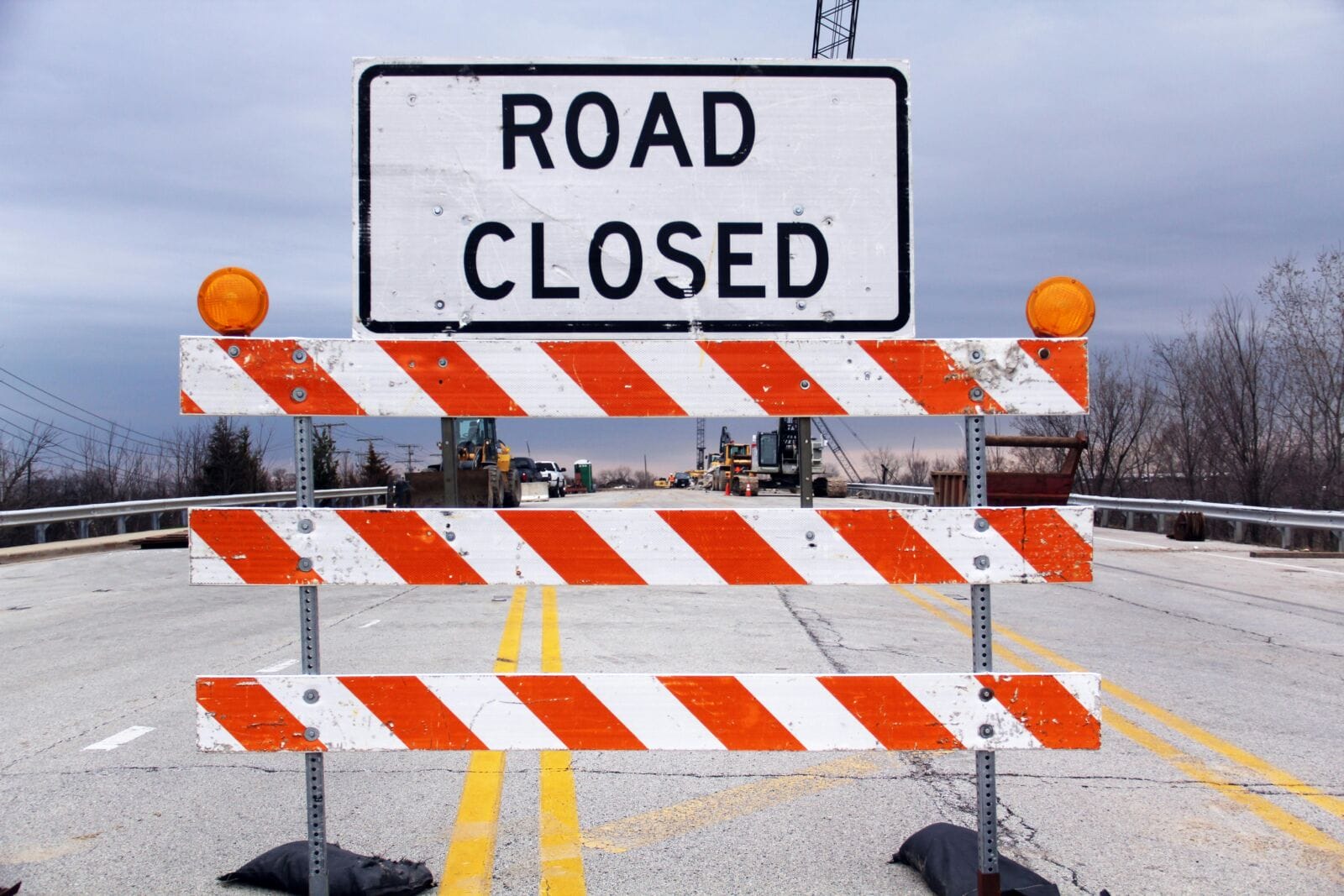For many Arizona residents holding green cards, becoming a U.S. citizen is a cherished goal. However, the path to citizenship can be complex and filled with potential obstacles. This article explores common roadblocks that Arizona residents might face during the naturalization process and offers strategies to overcome them.
Continuous Residence and Physical Presence Requirements
One of the most common issues for citizenship applicants is meeting the continuous residence and physical presence requirements. For most applicants, you must have been a permanent resident for at least five years (or three years if married to a U.S. citizen) and physically present in the U.S. for at least half of that time.
Arizona residents who travel frequently for work or family reasons may struggle to meet these requirements. To overcome this, carefully document all your trips outside the U.S. and ensure you don’t have any single absence of one year or more. If you must be absent for an extended period, consider applying for a re-entry permit before leaving.
Civics Knowledge
The civics portion of the naturalization test covers U.S. history and government. Many applicants find this challenging, especially if they’ve been out of school for a long time.
To prepare, use study guides provided by U.S. Citizenship and Immigration Services (USCIS) and take practice tests.
Many community organizations in Arizona offer citizenship classes that cover this material. Websites like Immigration Direct also provide resources and practice tests to help you prepare for the civics exam.
English Language Proficiency
The citizenship test requires applicants to demonstrate English language proficiency. This can be challenging for older applicants or those who primarily speak Spanish or other languages in their daily lives, which is common in many Arizona communities.
To overcome this hurdle, take advantage of free or low-cost English classes offered by local community centers, libraries, or adult education programs. Online resources and language learning apps can also be valuable tools for improving your English skills.
Financial Barriers
The cost of applying for citizenship can be a significant roadblock for many Arizona residents. As of 2023, the naturalization application fee is $725, which includes $640 for processing and $85 for biometrics.
If the fee is a hardship, you may be eligible for a fee waiver or reduction. USCIS provides Form I-912 to request a fee waiver based on financial need or receipt of means-tested benefits. Some non-profit organizations in Arizona also offer financial assistance for naturalization fees.
Complex Immigration History
Applicants with a complex immigration history, such as prior immigration violations or criminal records, may face additional scrutiny during the naturalization process.
If you have concerns about your immigration or criminal history, it’s advisable to consult with an immigration attorney before applying. They can help you understand any potential issues and develop strategies to address them.
Incomplete or Incorrect Application
Many applications are delayed or denied due to errors or missing information. The naturalization application (Form N-400) is lengthy and requires detailed information about your background.
To avoid this issue, carefully review all instructions and double-check your application before submission. Consider using services that provide step-by-step guidance for completing your application online, helping to ensure accuracy and completeness.
Name Changes and Document Discrepancies
Inconsistencies in how your name appears on various documents can cause problems during the naturalization process. This is particularly common for applicants who have changed their name due to marriage or other reasons.
To address this, gather all relevant documents showing your name changes (such as marriage certificates or court orders) and include them with your application. Be prepared to explain any discrepancies during your interview.
Selective Service Registration
Male applicants who were required to register for Selective Service but failed to do so may face difficulties in the citizenship process.
If you’re in this situation, you’ll need to provide a written explanation for why you didn’t register. If you’re under 31, you may still be able to register. For those over 31, you’ll need to obtain a status information letter from the Selective Service System and include it with your application.
Clearing the Path to Citizenship
While these roadblocks can seem daunting, they’re not insurmountable. By understanding potential issues and preparing accordingly for the citizenship test and the bureaucracy involved in the process, Arizona residents can navigate the path to citizenship successfully. Remember, online resources and local community organizations are available to help you through the process. With perseverance and the right support, you can overcome these challenges and achieve your goal of becoming a U.S. citizen.




